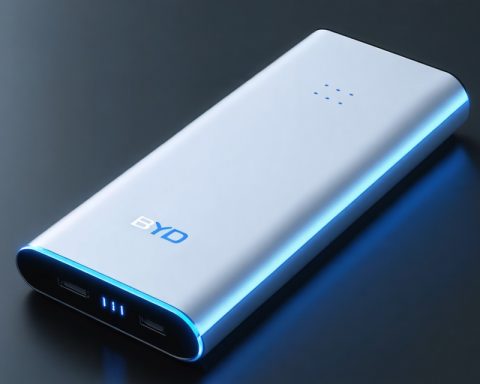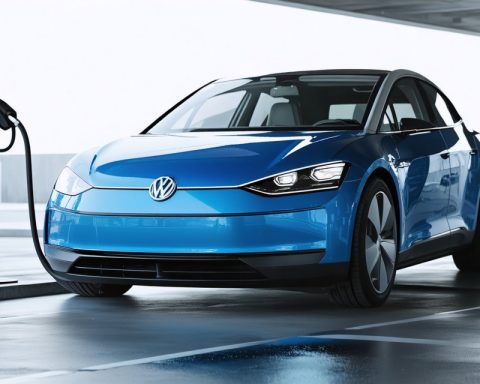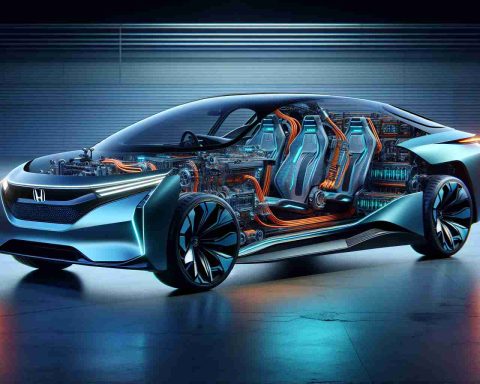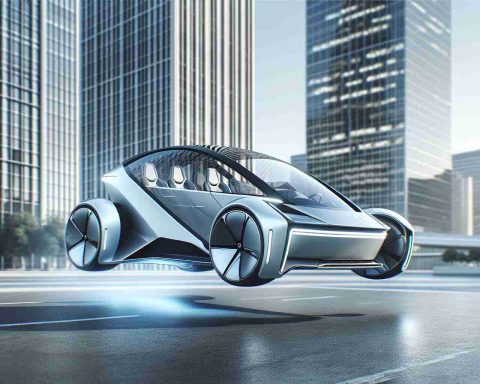- German automotive industry faces declining production and sales, with major companies like Volkswagen, BMW, and Mercedes-Benz impacted.
- China, once a key market, poses challenges with significant demand decrease, affecting market shares and intensifying competition for these carmakers.
- Volkswagen’s market share in China drops from 24.3% four years ago to 14.6% in 2024.
- Electric vehicle adoption is slow; BMW increases sales by 14%, while Volkswagen and Mercedes see declines.
- BMW targets a 50% electric vehicle portfolio by 2030, highlighting the ongoing transition to greener technologies.
- The industry must adapt to shifting consumer preferences and technological advancements to remain competitive globally.
- German automakers face pressure to accelerate electrification amid global competition and changing market dynamics.
Golden-era German automobiles now face stormy skies as production tumbles, casting long shadows over this storied industry. Major automakers, such as Volkswagen, BMW, and Mercedes-Benz, report dwindling sales, a downturn exacerbated by plummeting demand in China.
Once a proud stronghold, the Chinese market now challenges these automotive titans. Volkswagen, with roots deeply planted there, grapples with intensified price battles, while its market share slips drastically from 24.3% just four years ago to a mere 14.6% in 2024. Despite North American rebounds, they barely scratch the surface needed to offset Asian declines.
Electric vehicles, set to spearhead a green revolution, hit a snag. Surprisingly, only BMW navigates the turbulent waters effectively, boosting sales by 14%, unlike Volkswagen and Mercedes, whose electric offerings shrink by 3% and a steep 23%, respectively. Germany’s automotive giants pledge a greener future: BMW eyes a 50% electric portfolio by 2030, yet these numbers hint at a long road ahead.
Behind these numbers looms a larger portrait of change—a global shift in consumer preferences and technological innovation reshaping the automotive landscape. As German carmakers strategize for revival, they stand at a crossroads. Embrace accelerating electrification, or lag as the world transitions without them.
German autoworkers and policymakers must decipher the complex commerce of carbon and copper, evolving to meet future-facing goals amidst fierce global competition. In this race against time and transformation, the industry’s legacy is at stake—leaving no room for complacency in the garages of Germany.
Is the German Auto Industry Stalling in the Age of Electrification?
Market Forecasts & Industry Trends
The German automotive industry, a once-dominant force globally, faces considerable market upheavals, particularly from the pronounced decline in Chinese demand and the shift towards electric vehicles (EVs).
Growth Prospects
According to industry projections, the global automotive industry is set to undergo significant changes driven by technological advancements, environmental regulations, and shifting consumer preferences. The International Energy Agency (IEA) anticipates EVs will represent over 60% of global car sales by 2030. However, Germany’s famed automakers, including Volkswagen, BMW, and Mercedes-Benz, are grappling to align with these trends. The impact is varied among these giants, with BMW seeing a modest 14% boost in EV sales, unlike its counterparts, which report declines.
Real-World Use Cases
As the push for greener transportation intensifies, real-world applications of German automotive technology are evolving.
– Urban Mobility Solutions: Companies like BMW are investing in car-sharing services and urban mobility solutions, recognizing the shift in urban consumer behaviors who prefer not owning cars.
– Sustainable Manufacturing: Volkswagen’s “Way to Zero” strategy is a roadmap aiming for full decarbonization by 2050, showcasing a commitment to sustainability across the supply chain.
Pros & Cons Overview
Pros:
– Technology Leadership: German automakers remain leaders in automotive engineering and luxury vehicles, maintaining a strong brand value.
– Innovation in EVs: Investment in battery technology and autonomous driving aligns with future automotive trends.
Cons:
– Market Sensitivity: Heavy reliance on foreign markets like China makes them vulnerable to regional economic and regulatory changes.
– Electrification Struggles: As shown by Volkswagen and Mercedes’ sales declines, the transition from internal combustion engines to EVs is slower than anticipated.
Features, Specs & Pricing
Mercedes-Benz has struggled with its pricing strategy for EVs in competitive markets. Their luxury EVs are priced at a premium, which doesn’t align well with the affordability factor consumers seek. In contrast, BMW has been able to better balance their premium offerings with cost-effective models, aiding their modest EV market growth.
Controversies & Limitations
Despite their efforts in sustainability, German automakers face criticism over their slow transition to full electrification. Environmental watchdog groups argue that pledges for a greener future are not backed by sufficient short-term actions or milestones.
Insights & Predictions
To stay competitive, German automakers will need to accelerate innovation and partnerships with tech companies for autonomous and connected car technologies. Additionally, increased investments in EV infrastructure, like charging networks, are necessary to improve adoption rates.
Actionable Recommendations
1. Adopt Agile Strategies: Companies should adopt lean manufacturing practices to reduce costs and improve efficiency.
2. Focus on R&D: Expanding research and development in battery technology and autonomous systems is critical.
3. Diversify Markets: Reducing dependence on singular global markets by exploring untapped regions will minimize financial risks.
Quick Tips for Consumers
– Compare EV Models: Consumers should compare the total cost of ownership of various EVs, including incentives, maintenance costs, and charging infrastructure.
– Monitor Rebates and Incentives: Grasp deep into government rebates and manufacturer incentives that can significantly reduce upfront EV costs.
For more insights on the automotive industry’s evolution, visit BMW and Mercedes-Benz. Stay informed and make savvy automotive decisions, aligning your purchase with future market trends.
















